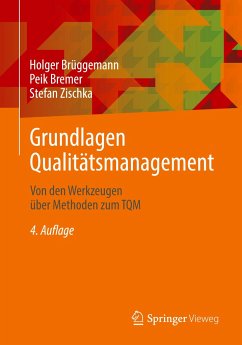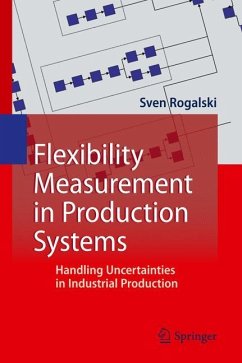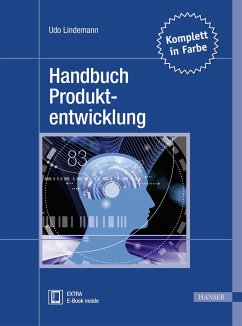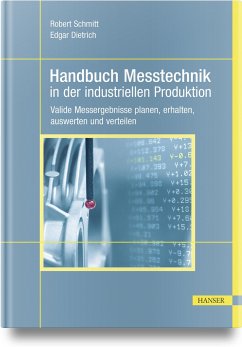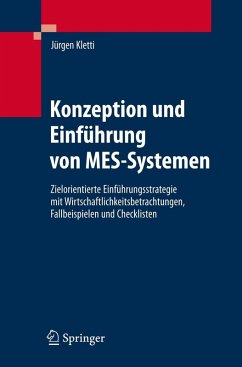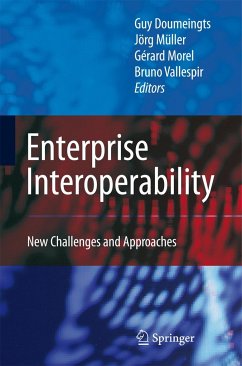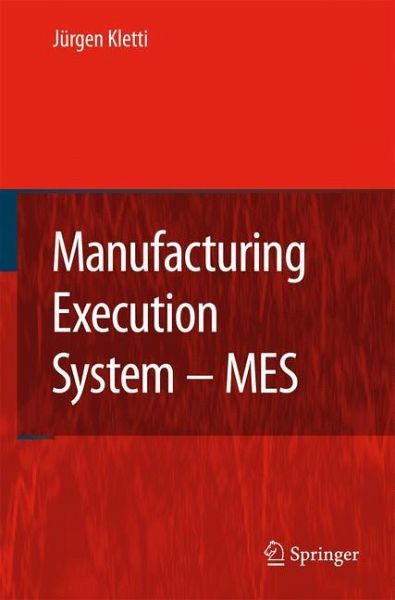
Manufacturing Execution System - MES

PAYBACK Punkte
49 °P sammeln!
This book describes the requirements for optimized Manufacturing Execution Systems (MES). It gives an overview of the efficiency potentials and different applications of MES.
The transformation of the classic factory from a production facility into a modern service center has resulted in management problems for which many companies are not yet prepared. The economic efficiency of modern value creation is not a property of the products but rather of the process. What this means is that the decisive potentials of companies are to be found not so much in their production capability but in their process capability. For manufacturers the requirement for process capability, which has in the meantime become the basis of the certification codes, gives rise in turn to the requirement that all value-adding processes be geared to the process result and thus to the customer. A necessary condition of process transp- ency is the ability to map the company's value stream in real time, without the acquisition process involving major outlay - a capability which is - yond the dominant ERP systems. Today modern manufacturing execution systems (MES) can offer re- time applications. They generate current and even historical maps for p- duction equipment and can thus be used as a basis for optimization pr- esses. As early as the beginning of the 1980s work started on methods of this kind which were then known as production data acquisition or - chine data collection. But while the main emphasis in the past was on achieving improvements in machine utilization, today the concern is p- dominantly to obtain real-time mapping of the value stream (supply chain).





